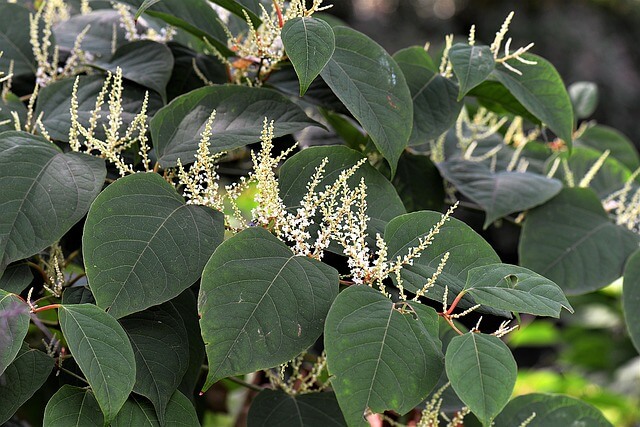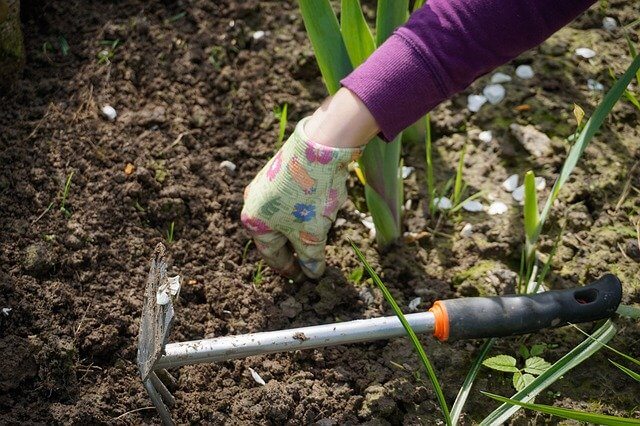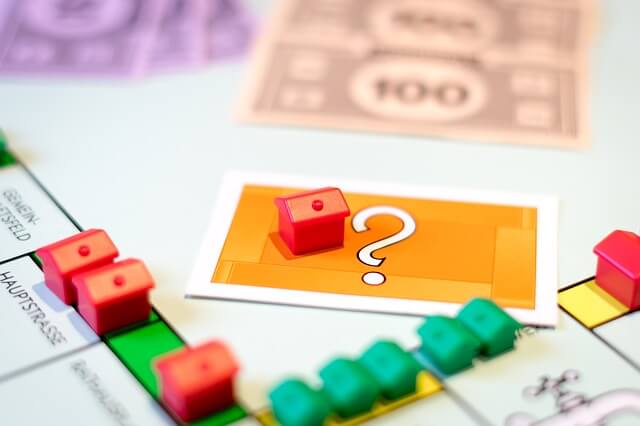
Japanese Knotweed was first introduced to British land in the early 19th century, and has since spread far across the UK.
Now named as an invasive plant by the government, Japanese Knotweed inhabits both urban and rural areas in Britain, and dominates the area where it infests.
It can densely colonise river bands, woodlands and coastal habitats, but also grows through walls, tarmac and concrete - meaning Knotweed growing in or near your property can be a huge issue.
Homeowners looking to sell a house with Japanese Knotweed may face a tough time, so it’s important to have a plan of action to tackle your Knotweed issue, and get your property sold.
Japanese Knotweed first came to Britain in the 1840s, as a gift from a German physician. It was considered fashionable during this time, due to it’s unusual shaped leaves and pretty floral blooms.
The image and public perception has now drastically changed on Japanese Knotweed, now considered as a weed that rapidly spreads.
During winter, the plant dies and shrinks down to ground level. However, during summer the plant grows with bamboo-like stems that grow over 7 feet tall, and stops all other nearby plant-growth.
Knotweed is very hard to remove by hand, and is resistant to harsh chemicals.

If you believe that your property has a Japanese Knotweed issue, then you should think carefully about the situation and carry out a full investigation.
It’s vital to not disturb Knotweed, to mitigate the risk of spreading it even more. If you can’t conduct a close investigation without the risk of spreading or disturbing the weed, then call a Japanese Knotweed expert for advice.
If you can conduct an investigation without the risk of spreading it any further, then there are several features to look out for that indicate the plant is Knotweed:
Japanese Knotweed could cause extreme damage to your property, land and garden - however it is not poisonous to either humans or animals.
The weed does, however, draw all of the nutrients from the surrounding soil, meaning there’s not enough nutrients left for other plants to grow and survive.
Knotweed is strong enough to break through concrete, tarmac and other materials commonly found on a property, so can therefore be extremely disruptive for the property’s owners.

Japanese Knotweed is not legally an issue, however, The Environment Agency Code of Practice states that ‘you do not have to remove Japanese Knotweed from your land, but you could be prosecuted or given a community protection notice for causing a nuisance if you allow it to spread onto anyone else’s property.’.
If the property owners of the land affected by the Knotweed do not take action, there could be a case for a claim from a neighbour.
It’s therefore important that you get Knotweed removed before it becomes a bigger issue than it already is.
If you try to sell your home before removing the Knotweed, you must list the issue in the TA6 property information form.
The TA6 form offers security to the buyer, as if the seller doesn’t declare that Japanese Knotweed is present on the property, and it’s later found to have an affect on the home, this could potentially go to a legal case for misrepresentation on a sale.
New build homes also include a report that flags issues such as Knotweed.

Removing Japanese Knotweed can be costly, but the exact figures depend on the amount of land that is affected by the weed, and the solution required.
A simple herbicide programme could be used for smaller areas, however this can take 3-5 years to fully get rid of the Knotweed. A full excavation of the area is very costly and sometimes is necessary.
Most Japanese Knotweed removal firms charge about £2,000 for a small herbicide treatment, and large fill scale excavations can be up to £200,000 (however this is unlikely).
Larger herbicide treatment is usually between £4,000-£6,500, which is the most common solution for Knotweed removal.
To completely remove Japanese Knotweed from your property, it can take up to 5 years. This is through the use of herbicide treatments that can cost between £2,000-£6,500 depending on the size of the affected area.
There are ways to completely remove Japanese Knotweed immediately, however, this involves excavating the area that can be extremely costly.
Japanese Knotweed plays an active role in the current UK property market, with headline-grabbing media attention, governmental laws being passed, and made to be part of the survey process when purchasing a home.

If your or a neighbouring property has a Japanese Knotweed growth issue that’s been confirmed by a certified contractor, then your options for selling your property depend on:
If the roots of the Knotweed roots affect the foundations of your property, then a prospective buyer will fail to obtain a mortgage for the property.
Therefore if you’re looking to sell the property immediately, you’ll have to find a cash house buyer for your property.

As Japanese can damage a home’s walls, tarmaced drives and a property’s foundations, there is a risk attached to purchasing a house with Knotweed issues.
Therefore your house price will certainly be less than the value of the house would be without Knotweed issues.
A property that has a Japanese Knotweed issue will be difficult to sell. Buyers would much rather prefer to buy a property without a Knotweed issue, as it may cost them thousands of pounds in the long-run.
If you’re prepared to take on the challenge of selling your property with Knotweed issues, then we recommend talking to a specialist Japanese Knotweed removal company, instead of attempting to do it yourself.
Knotweed’s nature is to deep root itself into the ground, and is famously difficult to fully get rid of.
Attempting to do this yourself will probably end in long-term failure, as the Knotweed may come back once you’ve sold the property, and legal action could come your way from the property’s buyers.
If you’re selling the property through an estate agent, make sure you tell them about the Knotweed issue. They can inform potential buyers early in the process, so you don’t have to waste time of buyers pulling out of the sale down the line.

If you have a Japanese Knotweed problem and want to sell your house fast then Halo House Buyers can help.
When you sell your property to a cash house buyer, it’s a no fuss, simple transaction. You don’t have to worry about preparing your house for sale, fixing any problems, clearing out the clutter and having numerous people viewing your home.
Here at Halo House Buyers, we allow you to sell your house fast with minimum hassle or stress.
Why not take back control of the process of selling your house and sell your home to a reputable cash house buying company?
All it takes is one phone call and we will give you an immediate, guaranteed offer for your home. Offers will be up to 85% of the house value which is higher than many other cash house buying companies.
We will cover ALL your legal fees.
Once you accept our offer you will receive the proceeds from the sale into your bank account as quickly as 7 days later.
Remember you are in control of your house sale and are under no obligation to proceed with the sale if you change your mind, or at any cost to yourself.
Give Halo House Buyers a call or email today and get an offer on your property at no cost. If you decide to accept the offer, you also get to pick your move date.
Get your free cash offer today!




